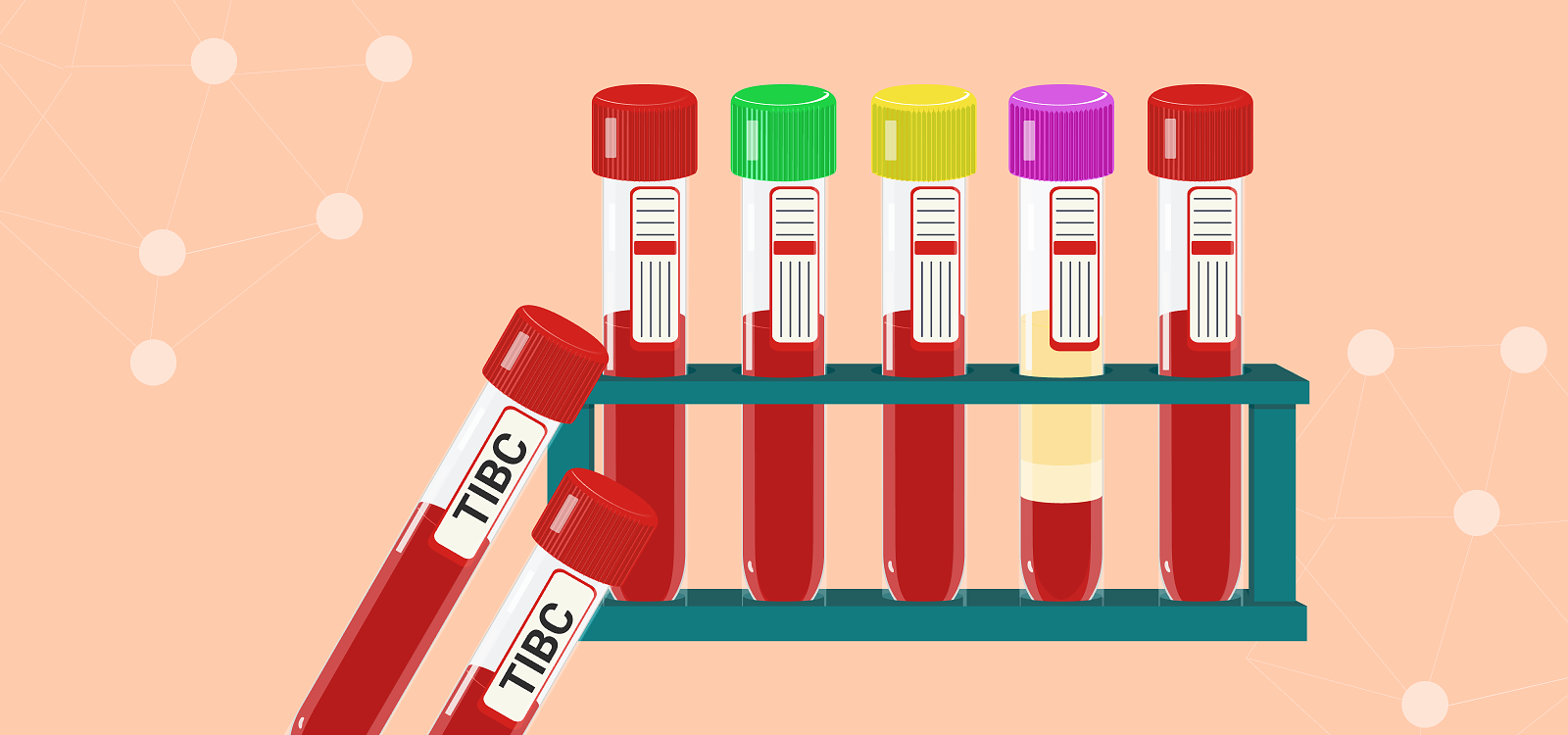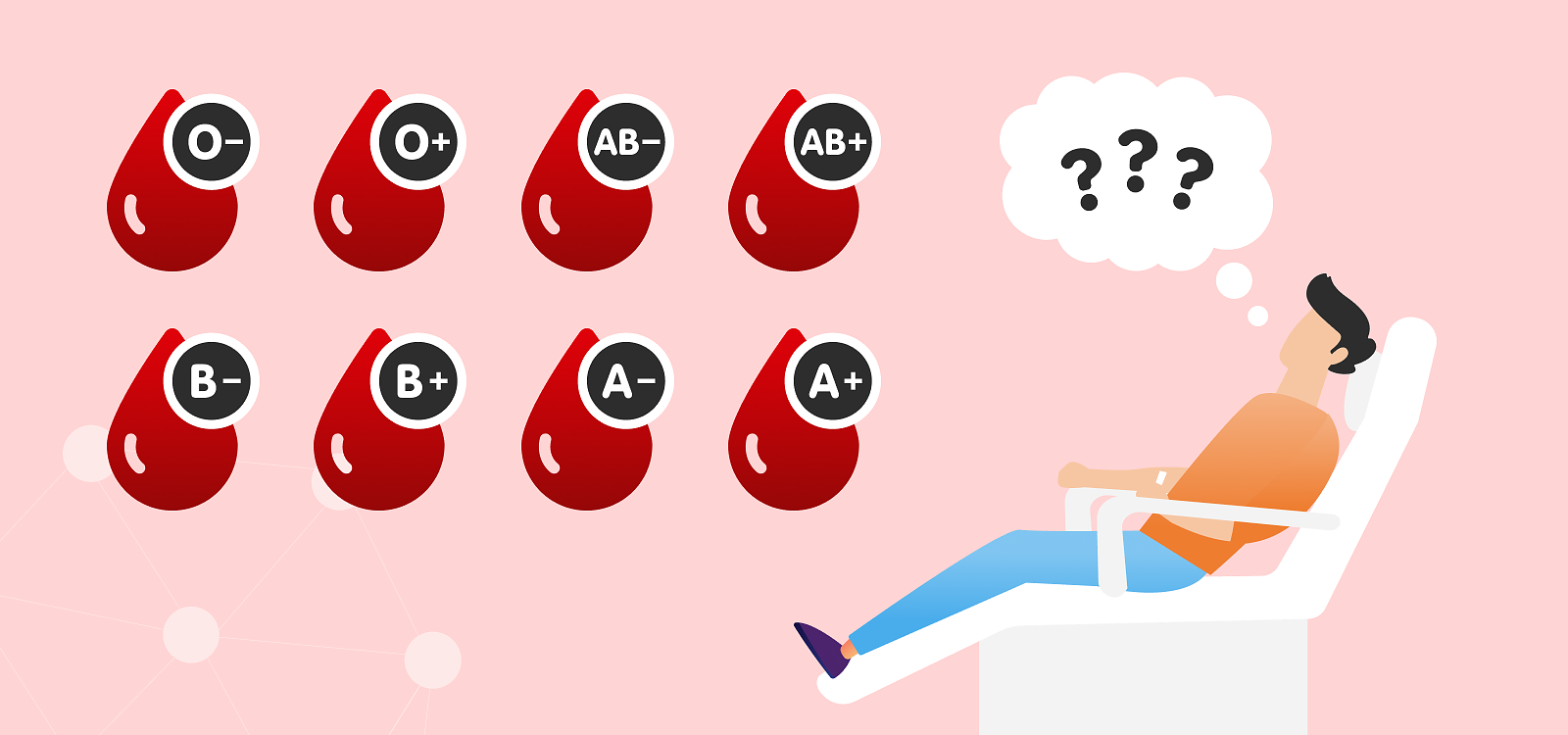Parameter Tuesday: TOTAL IRON BINDING CAPACITY
Total Iron Binding Capacity or TIBC is a test that measures the total capacity of your blood to bind and transport iron. Iron is an essential element that is present in all your body's cells. In blood, it binds to a protein produced in the liver called transferrin which then transports iron through your body. TIBC therefore also relates to the amount of transferrin in your body.
Along with measuring the amount of iron and ferritin in your blood, doctors usually include a TIBC test to check for any medical conditions that might cause abnormal iron levels.
A high level of TIBC means that there is a lot of free transferrin in your blood with not much iron to attached to it, meaning that the levels of iron are low. This can be caused by excessive blood loss, poor diet, increased requirement, or inadequate absorption. Iron deficiency is more likely to be present in women because of periods or pregnancy.
A low level of TIBC means that there is not a lot of transferrin available in your blood due to high levels of iron. Most of the transferrin is already bound to iron so there is very little of it left. High levels of iron and low levels of TIBC are connected to various conditions causing iron overload. It can occur if you ingest excessive amounts of iron. This usually happens if you ingest high doses of iron supplements. Iron overload can also arise from transfusions, hemolysis, or hereditary hemochromatosis.






